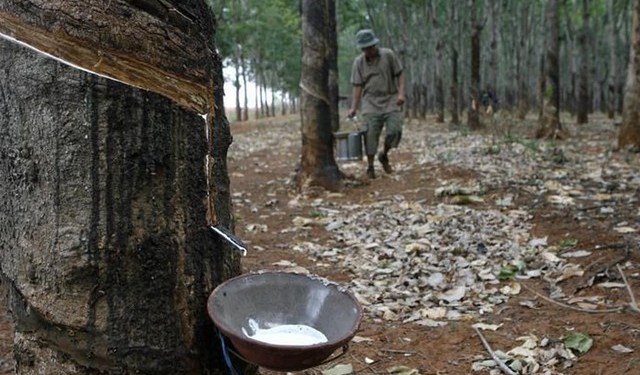After the Association of Planters of Kerala (APK), it is now the turn of planters’ association Upasi to oppose the Rubber Board’s move to promote block rubber production. According to Upasi, “it is a retrograde step and weakens the sector further”.
N Dharmaraj, Upasi President, said that the conversion to block rubber requires considerable investment in plant and machinery and entails high conversion cost, benefiting only the processor’s margin.
According to Dharmaraj, price is the only driver for import of TSR (technically specified rubber), which is 25-30 per cent cheaper than RSS-4.
The South-East Asian market is forced to produce technically specified rubber in the absence of a vibrant domestic market and suffers economically because of this, despite heavy subsidies from the government.
Given such a scenario, he said that persuading and encouraging Indian rubber farmers to produce cup lump for block rubber would be detrimental to the sector and weaken the farmer. There is also a considerable anomaly on the grades imported and produced. He pointed out that 70 per cent of the imports is in the form of TSR whereas 70 per cent of the country’s production is RSS-4.
The equivalent of RSS-4 in quality is ISNR5, while the import is in the form of SMR 20. RSS-4 is technically superior to TSR, with better elastomer properties. Moreover, it can be produced in the farmers’ backyard with least cost conversion.
Upasi has written to the Commerce Minister raising some pertinent issues concerning natural rubber growers. Production in 205-16, at 5.62 lakh tonnes, is the lowest in the last 15 years, down from a peak of 9.2 lakh tonnes.
The lower production is the result of larger untapped areas and lower productivity of trees, both of which are caused by low price realisation.



























